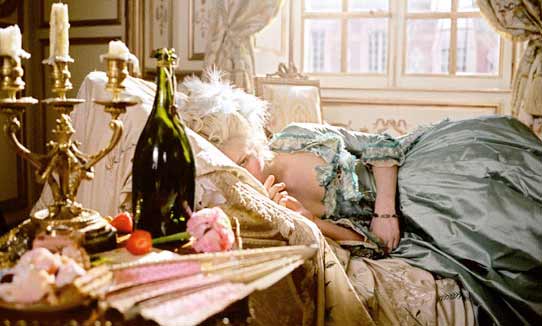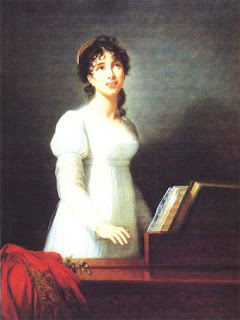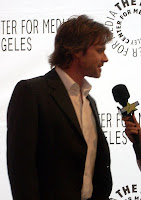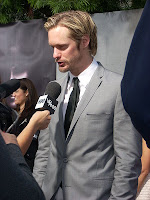So from two days after my wedding on Dec. 15 to about, oh, two days ago, I have been down with a majorly fun case of strep/ear infection/general winter blahs. I am finally feeling better and tackling the WIP (which just happens to be due at the end of the month! Fun!). But my Kindle has been a lifesaver, and I spent a whole afternoon trawling around on it looking for some obscure historical sources. Here are a few I found:
–For people like me, who like to plan fantasy trips to England, Gravestones, Tombs, and Memorials by Trevor Yorke and London’s Blue Plaques in a Nutshell (last time I was in London, I drove my mom crazy because I stopped to read every blue plaque we saw–this one is a guide to many more obscure figures memorialised there, and I am def carrying it with me next time I’m in London!)
—The Smart by Sarah Bakewell, a fascinating tale of an 18th century adventuress named Mrs. Rudd who managed to get herself into (and out of) a tremendous amount of trouble (including being imprisoned for forgery–she was acquitted, but her supposed allies the “unfortunate” Perreau brothers, hanged)
—An English Lady in Paris by Michael Allen, another fascinating 18th century woman, Mrs. Crewe, friends with the Duchess of Devonshire, a society beauty and great traveler
—The King’s Smuggler: Jane Whorwood, Secret Agent to Charles I by John Fox: the title says it all
—Tunnels, Towers, and Temples: London’s 100 Strangest Places by David Long: another great travel source!
—Beauty and Cosmetics: 1550-950 and The Ephemeral Nature of Perfume and Sense in Early Modern England
—All the King’s Cooks: The Tudor Kitchens of Henry VIII at Hampton Court by Peter Brears
—Wicked Women of Tudor England by Retha Warnicke (both because she’s an historian I admire, plus I can never resist any book with the words Wicked Women in the title)
In my quest to read more romance, I also downloaded the new Cecilia Grant (since Megan said it’s great!) and Courtney Milan’s The Duchess War. Plus I got a pile of magazines featuring spring fashions because i cannot WAIT to get out my sundresses and sandals again…
What have you been doing lately? What are some obscure/fun/great titles you’ve come across??









